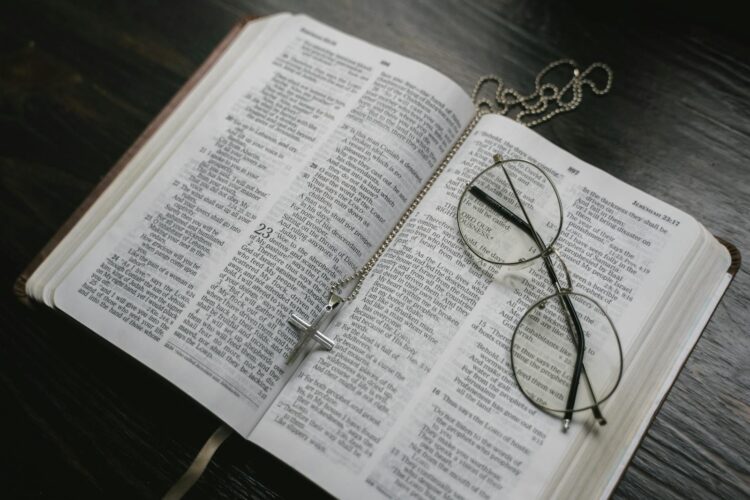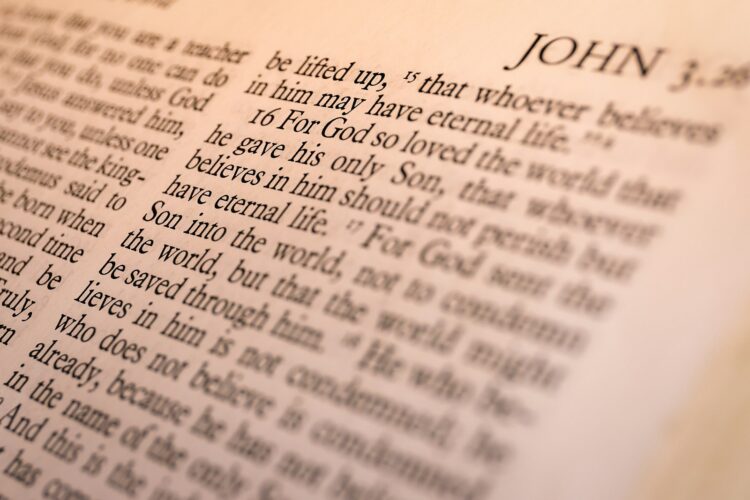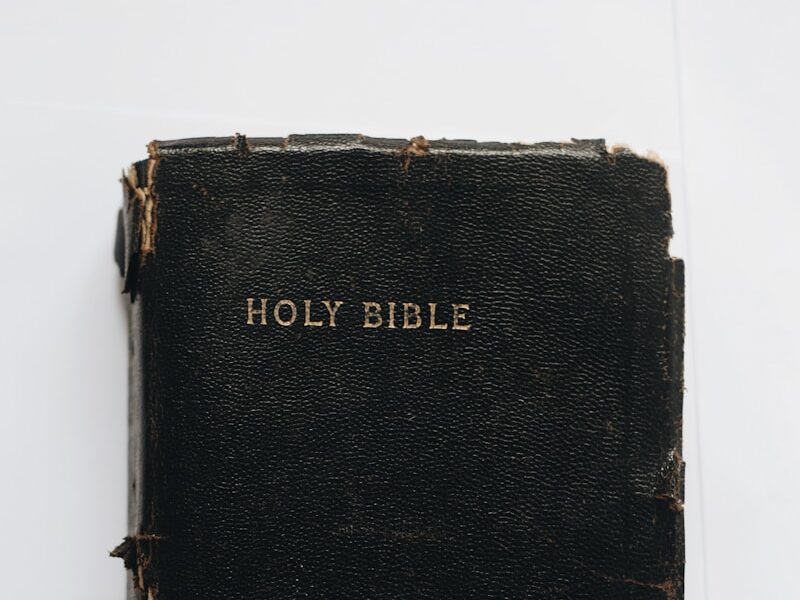
The Bible has been read, debated, and quoted for centuries, but it still leaves people with plenty of questions. Some are about its origins, others about how to understand what’s written, and many about how it connects to everyday life. Here are 15 of the most common questions people ask and what they really mean.
Who Wrote the Bible

People picture one author sitting down and writing the Bible start to finish, but it’s actually a collection of books written by many different people over centuries. Prophets, poets, kings, and apostles all had a hand in it. The writing stretches across different times, but believers see it as inspired by God, which is why it’s held together as one story.
Is the Bible Historically Accurate

Some wonder if the events in the Bible happened in reality. Archaeology has supported parts of it, like ancient cities and rulers mentioned in the text. But it’s not written like our modern history books. Some sections are just poetry and others are stories meant to teach people. Basically, this question is about understanding the type of writing in each part.
Why Are There So Many Translations

Walking into a bookstore and seeing all the different Bible versions can feel very confusing. The reason is simple: translators try to balance accuracy with readability. Some aim for word-for-word precision, while others try to capture the thought in modern language. That’s why verses sound a little different depending on which Bible you read, but here’s the important part: the message remains the same.
What’s the Difference Between the Old and New Testament

This is one of the most asked questions, especially by people just starting to read. The Old Testament is the story of Israel, the law, the prophets, and God’s covenant with his people. The New Testament begins with Jesus, his teachings, and the early church. Together, they form a complete story, with the New building on the promises made in the Old.
Why Do Catholics and Protestants Have Different Bibles

People notice that Catholic Bibles are a little longer and wonder why. The Catholic version includes books called the Apocrypha, which were in early Greek manuscripts. Protestant reformers later chose not to include them. Both groups agree on the main 66 books, but the extra ones are valued differently. It’s less about two completely different Bibles and more about tradition.
How Did People Decide Which Books Belong in the Bible

The word for this is “canon,” and it didn’t happen overnight. Early church leaders looked at which writings were widely accepted, consistent with teaching, and traced back to the apostles or prophets. Over time, these were recognized as inspired and gathered together. It wasn’t random or political, but a careful process to preserve what was trusted as God’s word.
Why Are There So Many Denominations if Everyone Reads the Same Bible

This is a question almost everyone has. Different churches focus on different parts of the text or interpret passages in their own way. Culture and history also played very big roles. While Christians share core beliefs, debates over baptism, communion, or leadership created different traditions. The Bible is the same, but people don’t always agree on how to practice what it says.
Does the Bible Contradict Itself

Skeptics point out places where verses seem to clash, and believers ask how to make sense of that. Some differences come from perspective, like two people focusing on different details. And then there are other differences that much more difficult to reconcile, but a lot of scholars argue that context should clear things up. The heart of the Bible’s message remains consistent, even if not every detail lines up perfectly.
Is Everything in the Bible Literal

This question usually comes up around stories like creation, miracles, or prophecy. The Bible contains history, but it also includes poetry, parables, and symbolic writing. Not every passage is meant to be read as a straight news report. The challenge is knowing when the writers intended something as a metaphor and when they meant it as fact. Both can carry deep truth.
Why Is the Bible So Hard to Understand

Even people who’ve gone to church for years admit this one. The language, the cultural background, and the references can make it tough. That’s why study guides, modern translations, and teaching are so helpful. The Bible wasn’t written in modern English, so it takes effort to bridge the gap. Once you get some background, it becomes much more approachable.
What Language Was the Bible Originally Written In

Most of the Old Testament was written in Hebrew, with some parts in Aramaic. The New Testament was written in Greek, which was the common language of that time. Since then, it has been translated into thousands of languages. Knowing this helps explain why translation choices matter so much and why certain words don’t always have exact matches in English.
Why Does the Bible Have So Many Rules

People open the Old Testament and see long lists of laws about food, clothing, or sacrifices, and wonder if those still apply. Many of those laws were for ancient Israel’s way of life. The New Testament teaches that Jesus fulfilled the law, which is why Christians don’t follow all those old rules. The bigger point is about God’s holiness and people’s need for guidance.
How Can the Bible Still Matter Today

With everything changing so fast in the world, some people ask how a book this old could still be relevant. The answer lies in the themes—love, justice, forgiveness, hope—that never really go out of date. Even though the world looks different, people still struggle with the same core issues. The Bible speaks to the heart more than to technology or trends.
Why Do Bad Things Happen If God Is Good

This is one of the hardest and most emotional questions tied to the Bible. The text doesn’t give a simple formula, but it does acknowledge pain and suffering. The overall story points to a world that is broken by sin and the hope of redemption. While that doesn’t erase the hurt, it shows that faith is about trust in the middle of hard times.
What’s the Main Message of the Bible

When you boil it all down, the Bible is about God’s relationship with people. It tells of creation, brokenness, and the promise of redemption through Jesus. Everything ties back to love—God’s love for humanity and the call for people to love God and each other. The details are complex, but the heart of it is surprisingly simple and clear.

